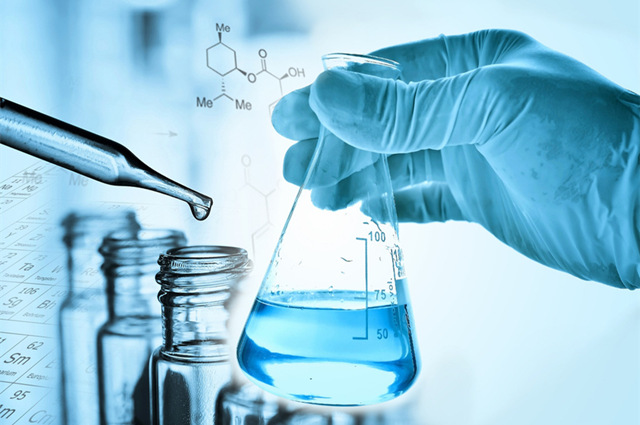Scheele's one notable shortcoming was a curious insistence on tasting a little of everything he worked with, including such notoriously disagreeable substances as mercury, prussic acid (another of his discoveries), and hydrocyanic acid—a compound so famously poisonous that 150 years later Erwin Schrodinger chose it as his toxin of choice in a famous thought experiment. Scheele's rashness eventually caught up with him. In 1786, aged just forty-three, he was found dead at his workbench surrounded by an array of toxic chemicals, any one of which could have accounted for the stunned and terminal look on his face.
金勒有個明顯的缺點,他對做試驗用的什么東西都感到好奇,堅持要嘗一點兒,包括一些又難聞又有毒的物質,比如汞、氫氰酸(這也是他的一項發現)和甲腈。甲腈是一種有名的有毒化合物,150年以后,歐文·薛定諤在一次著名的思維實驗中選它作為最佳毒素。金勒魯莽的工作方法最后斷送了他的性命。1786年,才43歲的他被發現死在工作臺旁,身邊堆滿了有毒的化學品,其中任何一種都可以造成他臉上那目瞪口呆的最后一個表情。

Were the world just and Swedish-speaking, Scheele would have enjoyed universal acclaim. Instead credit has tended to lodge with more celebrated chemists, mostly from the English-speaking world. Scheele discovered oxygen in 1772, but for various heartbreakingly complicated reasons could not get his paper published in a timely manner. Instead credit went to Joseph Priestley, who discovered the same element independently, but latterly, in the summer of 1774. Even more remarkable was Scheele's failure to receive credit for the discovery of chlorine. Nearly all textbooks still attribute chlorine's discovery to Humphry Davy, who did indeed find it, but thirty-six years after Scheele had.
要是這世界是公正的話,要是大家都會說瑞典語的話,金勒本來會在全世界享有盛譽。實際上,贊揚聲往往都給了更有名的化學家,其中大多數是英語國家的化學家。金勒在1772年發現了氧,但由于種種辛酸而復雜的原因,無法及時發表他的論文。功勞最終歸給了約瑟夫·普里斯特利,他獨立發現了同一個元素,但時間要晚,是在1774年的夏天。更令人矚目的是,金勒沒有得到發現氯的功勞。幾乎所有的教科書現在仍把氯的發現歸功于漢弗萊·戴維。他確實發現了,但要比金勒晚36年。











